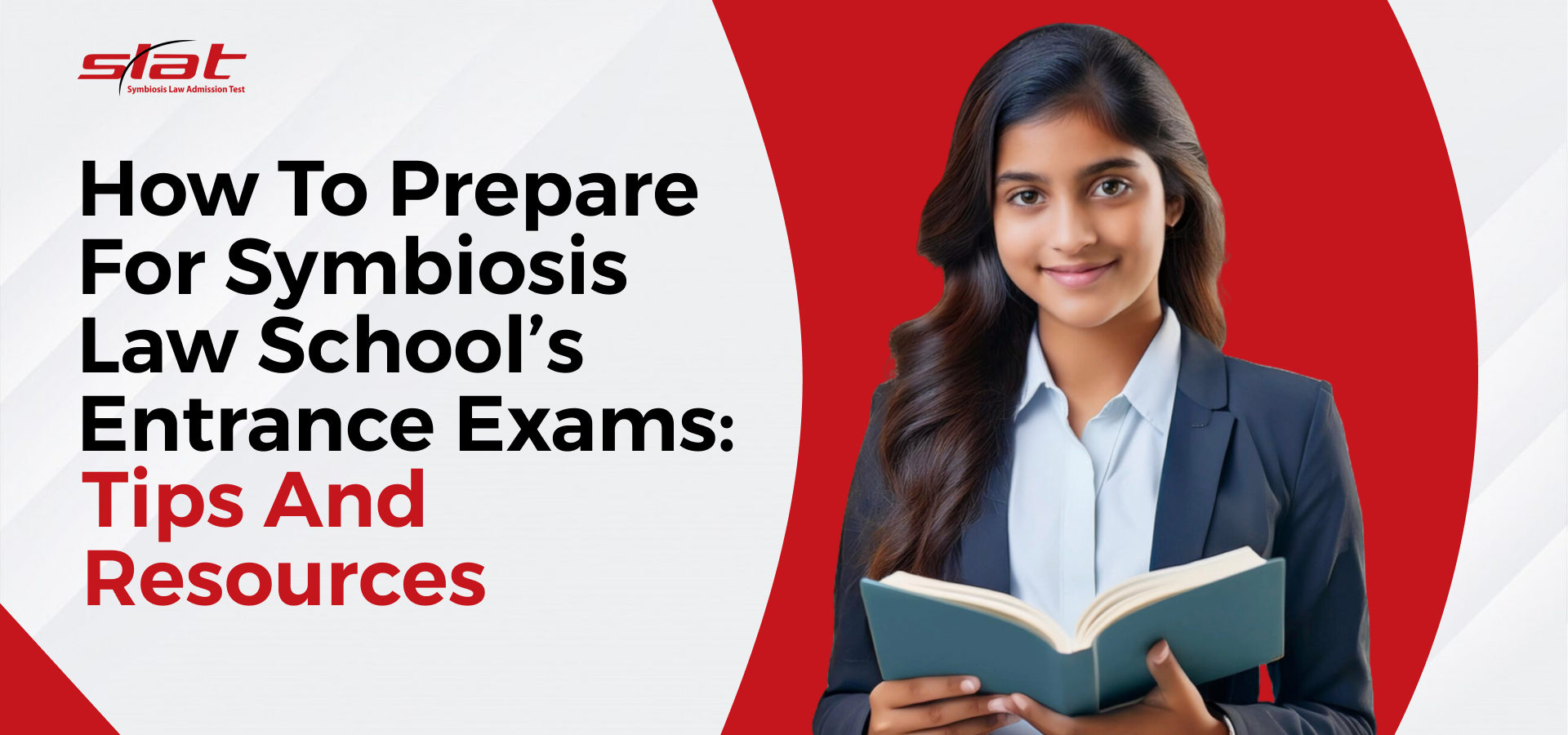Is Law Only for Debaters? Busting Myths About Law as a Career

You hear it often – “Law is only for sharp debaters who love a good argument.”
You get nervous and you step back. The truth appears differently and is more practical. You build a strong legal career through curiosity, structure, and consistent practice. You use research and empathy, and you grow with mentors and internships. You also start early and you plan your steps around SLAT, the LLB entrance exam for smart law colleges in India.
The Debate Myth That Holds You Back
You do not need a booming voice to study law.
- You need a clear mind and a steady process.
- You solve problems and you explain them in plain words.
- You also work in teams.
- You write more than you speak in many roles.
Public speaking helps, but it is not the only route. Legal work touches policy, technology, business, media, and sports. Your path opens when you prepare well for SLAT and when you choose the right law school.
What Law Really Demands Day to Day
- Handling facts, timelines, and people.
- Reading cases and policies, and you turn them into action steps.
- Dealing with clients who need clarity, not drama.
- Tracking precedents and deadlines.
- You learn once, and you apply that learning across many matters.
- Researching and drafting documents.
- Negotiating and recording decisions.
- Planning compliance team trainings.
- Using tech for e-discovery and case management.
Strong debate helps in some areas, but most legal tasks rely on writing, analysis, and empathy.
5 Key Skills That Make You a Job-Ready Lawyer
You grow five core skills, and you build a solid base.
- Analytical reading and case mapping.
- Clear writing and formatting.
- Client handling and expectation setting.
- Negotiation and structured listening.
- Tech fluency and research speed.
You add internships, and you multiply your exposure. You learn from real matters, and you receive feedback. You keep a small portfolio of drafts and notes. This set helps you stand out during placements.
Busting the Big Myths
- Law equals court drama. You also get policy, compliance, research, and contracts.
- Only extroverts do well. You thrive if you write well and follow the process.
- Engineering or commerce students fit better. Any stream fits if you show discipline.
- Growth looks slow. Certain fields grow fast, and new sectors open each year.
Map Your Path Through SLAT (Symbiosis Law Admission Test)
You treat SLAT as your first gate
- Use it as a clear structure for prep.
- Focus on reading speed, logic drills, and legal reasoning basics.
- Aim for accuracy and calm execution.
- Prepare for the next stages that SLS conducts after the test.
- Practise short writing tasks and simple interviews.
- Keep a one-page tracker for scores, errors, and weekly goals.
You build your plan around simple blocks.
- Daily: 30-45 minutes of reading and vocab.
- Alternate days: reasoning sets and timed drills.
- Weekly: one mock and one full review.
- Monthly: a short audit of weak areas and a reset of targets.
You move from theory to application fast. You solve mixed sections and you learn question selection.
Why SLAT Aligns with Real Legal Work
You get tested on clarity, structure, and speed. You read a passage and you pull the core idea. You join facts and rules under time pressure. You avoid guesswork and you show method. These habits match law school work and internships. You carry the same mindset to moot prep, drafting, and research.
Law career options That Do Not Depend on Debating
You choose from wide law career options across sectors. You fit your style to the role and you keep growing.
- Corporate law and contracts
- Intellectual property and media law
- Technology, privacy, and cybersecurity
- Arbitration and mediation
- Banking and fintech compliance
- Sports and entertainment law
- Public policy and research
- Legal journalism and editing
- NGO and development law
- In-house counsel roles
You start in one lane and you evolve into adjacent work. Your writing and research carry you through each shift.
Career options after LLB: Your Next Milestones
You pass the bar and you pick your first role. You use internships to decide your lane. You explore fellowships and research roles. You look at LLM options in India and abroad. You also consider judicial services after focused prep. You join legal startups and policy think tanks. You track openings in fast-growing areas like data protection and ESG. Your base stays the same and your focus deepens each year.
A Quick Reality Check in Numbers
You engage more through simple targets and milestones.
- 4–6 solid internships across three years build strong exposure.
- 50+ research notes or brief summaries create a neat portfolio.
- 10 focused mock interviews improve placement outcomes.
- 1 clear specialization goal keeps your electives aligned.
These numbers serve as guideposts, and you adjust them to your schedule and campus resources.
Your SLAT-Ready Checklist
You reduce noise and you act on a short list.
- Register early and lock your test city.
- Practise section-wise before mixed sets.
- Track accuracy first, speed next.
- Keep an error log and fix patterns.
- Build a small writing sample bank for post-test rounds.
- Speak to seniors from SLS and map expectations.
Ready to start strong?
Take the next step now. Register for the SLAT Exam, start your mocks this week, and set your law career in motion.

 9071013499
9071013499 info@slat-test.org
info@slat-test.org SLAT Bulletin 2025
SLAT Bulletin 2025









